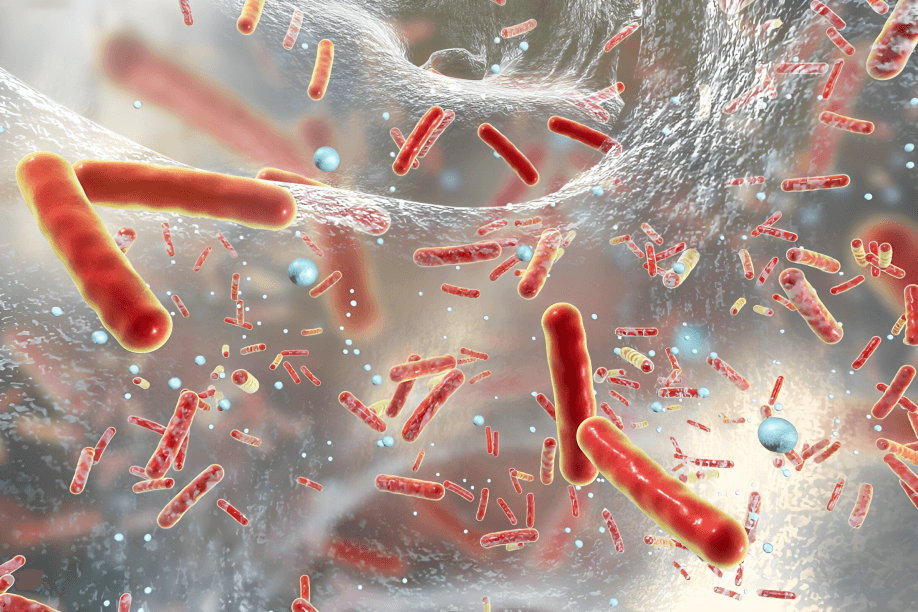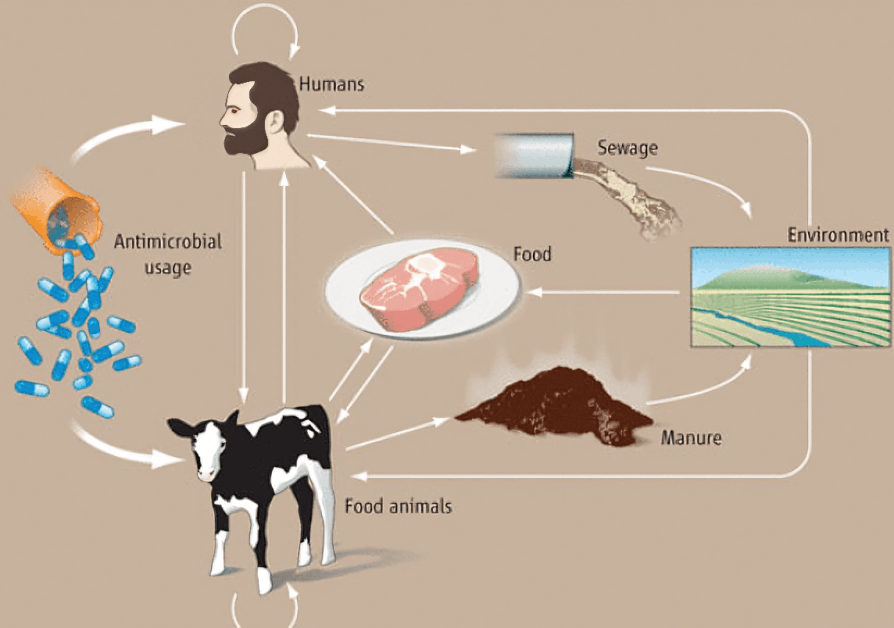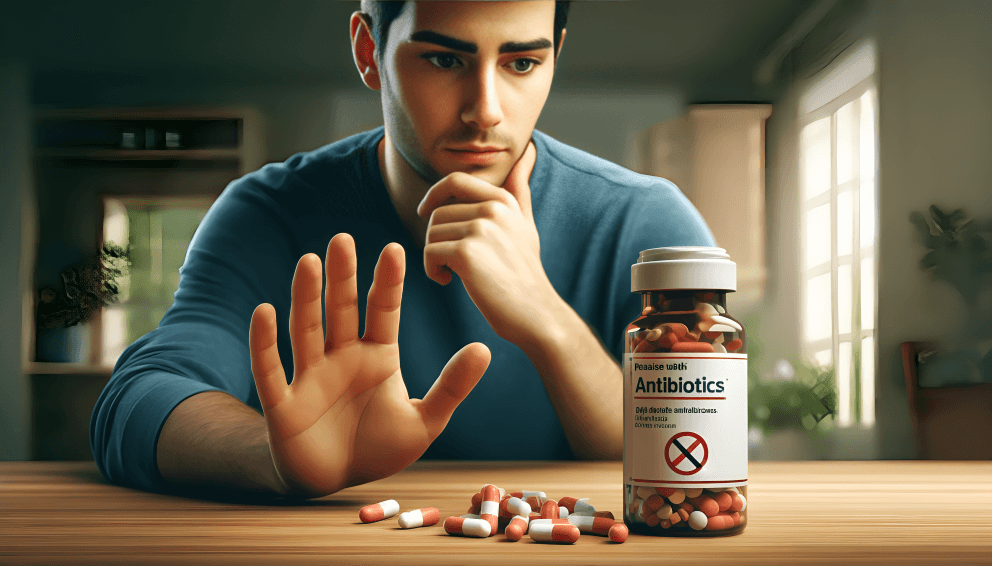
“
The risks of antibiotic overuse are becoming a global health concern, as the repeated and unnecessary use of antibiotics can trigger drug resistance, reduce treatment effectiveness, and cause unexpected harm.1
1
”
Hippocrates warned that excessive treatment could harm natural recovery, a view echoed today as overuse of antibiotics disrupts healing by killing both harmful and beneficial bacteria in the body.1
Antibiotics destroy not only the bacteria causing an illness but also helpful microbes, especially in the gut, which may lead to digestive issues and weakened immune function over time. 2

Overuse of antibiotics contributes directly to bacterial resistance, meaning that infections become harder to treat and require stronger or multiple medications to control.
When bacteria become resistant to drugs due to misuse, simple infections like urinary tract infections or skin conditions can become life-threatening or require hospital care. 3
Taking antibiotics for viral infections like the flu or common cold does nothing to cure the illness and increases the risk of antibiotic-resistant bacteria developing in the body. 4
Children and the elderly are more vulnerable to complications from antibiotic overuse due to their weaker immune systems and higher likelihood of side effects or allergic reactions. 5
Some antibiotics can cause severe allergic reactions, ranging from rashes to life-threatening anaphylaxis, especially when taken without professional guidance or when self-prescribed. 6
Long-term or repeated antibiotic use can lead to the development of antibiotic-associated diarrhea, often caused by Clostridioides difficile, a dangerous and stubborn intestinal infection. 7

Farm animals treated with unnecessary antibiotics may pass resistant bacteria to humans through consumption, contributing to the global spread of antibiotic resistance.
Overusing antibiotics in the food and agriculture industries has led to drug-resistant bacterial strains that can travel through water, soil, and food, affecting even those who don’t use antibiotics. 8
People who frequently use antibiotics may develop chronic conditions due to changes in their microbiome, including autoimmune disorders and inflammatory bowel diseases. 9
Antibiotic resistance often leads to longer illness duration, delayed recovery, and higher healthcare costs, as doctors need to prescribe more expensive or toxic alternatives. 10
Over-reliance on antibiotics reduces natural immunity by making the body dependent on medications rather than allowing it to fight infections through its immune response. 11

Incomplete antibiotic courses, where people stop taking medicine early, encourage bacteria to adapt and survive, making the infection return even stronger and harder to treat.
Global health authorities, including the WHO, warn that if antibiotic overuse continues, we could face a post-antibiotic era where minor injuries become deadly again. 12
Some bacteria now resist even the most powerful antibiotics, known as "last-resort" drugs, leaving patients with few or no treatment options when they fall ill. 13
Travelers who take antibiotics unnecessarily increase the risk of spreading resistant bacteria across borders, turning personal misuse into a global health issue. 14
Antibiotics may affect mental health by disturbing the gut-brain axis, a connection between digestive bacteria and emotional well-being, potentially leading to mood disorders. 15
Some doctors advocate for a "wait and see" approach to infections, allowing the body’s natural defenses to work first, reducing unnecessary exposure to antibiotics. 16
Philosopher Michel Foucault viewed medicine as control over the body; antibiotic overuse shows this power misused, reflecting an imbalance and ignoring long-term consequences. 17


